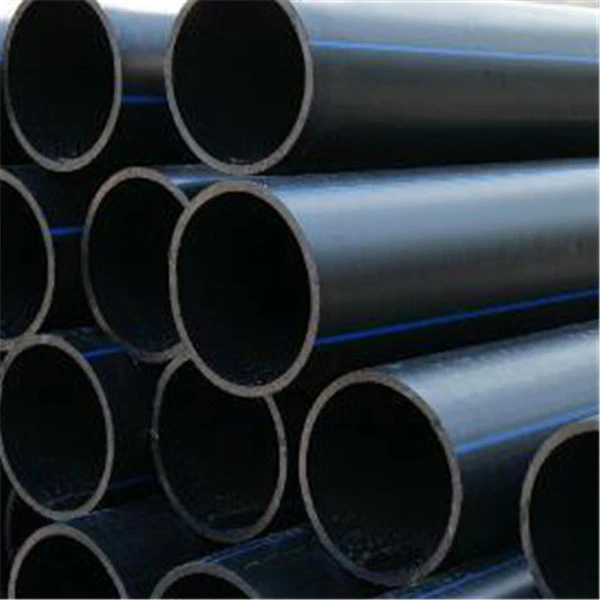វិច្ឆិកា . 21, 2024 22:21 Back to list
pp welding rod
Understanding PP Welding Rods A Key Component in Plastic Fabrication
In the field of plastic fabrication, various materials and components are essential for ensuring strong, durable products. One such crucial element is the PP (Polypropylene) welding rod. These rods are widely used in various industries for welding, repairing, and fabricating plastic parts. This article will delve into the properties, applications, and benefits of PP welding rods, shedding light on why they are considered a critical component in plastic manufacturing.
What are PP Welding Rods?
PP welding rods are specifically designed for welding polypropylene, a type of thermoplastic polymer used widely in the production of plastic parts. Polypropylene is favored for its high resistance to chemical solvents, bases, and acids, as well as its toughness and elasticity. PP welding rods are typically produced to perfectly match the characteristics of polypropylene and are available in different diameters and lengths, catering to various applications and equipment.
Properties of PP Welding Rods
1. High Chemical Resistance One of the most significant advantages of PP welding rods is their ability to resist chemicals. This property is essential in industries such as chemical processing, where components may come into contact with aggressive substances.
2. Durability and Flexibility Polypropylene is known for its toughness. When welded with PP rods, the resulting joints remain flexible yet strong, reducing the likelihood of cracking under stress.
3. Temperature Resistance PP welding rods can withstand moderate temperatures, making them suitable for applications exposed to temperature fluctuations. However, it’s crucial to note that while they can handle elevated temperatures, they do have a melting point that should not be exceeded.
4. Low Density Another notable property of polypropylene is its low density, which contributes to lightweight structures without compromising strength.
Applications of PP Welding Rods
PP welding rods have a wide range of applications across various industries
1. Automotive Manufacturing In the automotive industry, PP welding rods are often used to repair and create plastic components, such as bumpers, dashboards, and interior trims.
pp welding rod

2. Packaging Industry These rods are prevalent in the production of containers, crates, and other packaging materials due to their excellent sealing capabilities.
3. Plumbing In plumbing applications, PP welding rods are used for joining pipes and fittings, providing a strong, leak-proof bond critical for water management systems.
4. Construction and Construction Materials They are also frequently used in the construction sector for building and repairing plastic structures, offering a reliable solution for various structural challenges.
5. Electronics In the electronics industry, PP welding rods play a role in assembling casings and components, providing insulation and protection against environmental factors.
Benefits of Using PP Welding Rods
1. Ease of Use PP welding rods are relatively easy to utilize, making them a convenient choice for both professionals and DIY enthusiasts. Welding processes using these rods do not require highly specialized equipment, as many standard welding systems can accommodate them.
2. Cost-Effectiveness Due to their high performance and durability, PP welding rods can result in cost savings over time by reducing the need for frequent repairs and replacements.
3. Environmental Considerations Polypropylene is 100% recyclable, which aligns with the increasing emphasis on sustainability within the manufacturing sector. Using PP welding rods can contribute to eco-friendly practices and waste reduction.
4. Versatile Applications Their adaptability to a wide range of industries highlights the versatility of PP welding rods, making them an invaluable resource for manufacturers across different sectors.
Conclusion
PP welding rods serve as an essential material in the world of plastic fabrication, providing a robust solution for a myriad of applications. Their exceptional properties, such as chemical resistance, durability, and ease of use, make them ideal for various industries, from automotive to construction. By understanding and utilizing PP welding rods, manufacturers can ensure the production of high-quality, reliable plastic components that meet the demands of today’s market. As industries continue to innovate and evolve, the significance of PP welding rods is only likely to grow, reinforcing their place as a crucial component in plastic fabrication and manufacturing.
-
Durable PP Rigid Sheet: Lightweight, Chemical Resistant Solutions
NewsAug.21,2025
-
PVC Grey Sheet for Extraction: Chemical Resistant & Durable
NewsAug.19,2025
-
Durable PVC Pipe Fittings for Plumbing & Irrigation Needs
NewsAug.18,2025
-
HDPE Steel Belt Reinforced Spiral Corrugated Pipe | High Strength
NewsAug.17,2025
-
HDPE Pipe Fittings: Durable, Leak-Proof Solutions
NewsAug.16,2025
-
Premium CPVC Sheet: High-Temp & Chemical Resistant Solutions
NewsAug.15,2025

